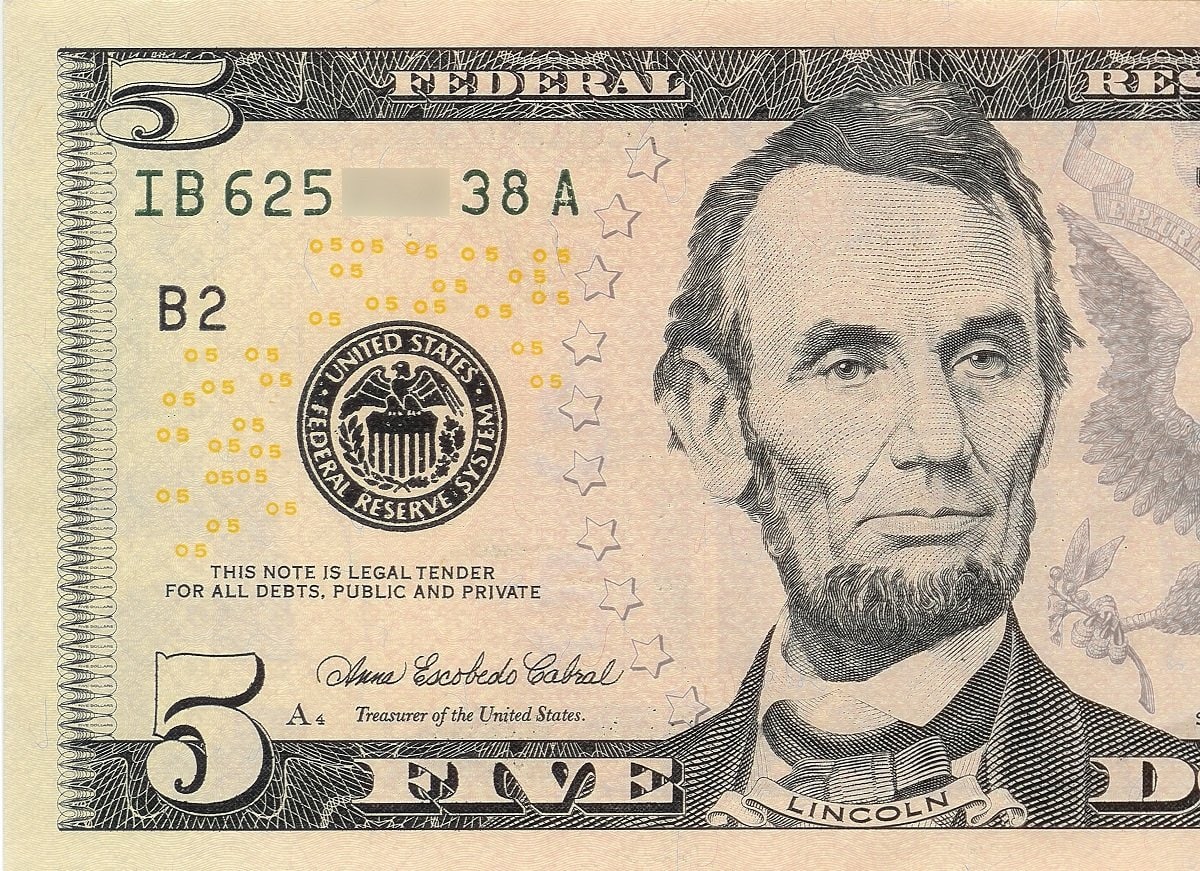It would be a gross understatement to say that Federal Reserve Chairman Jerome Powell faces a very difficult year ahead in meeting the Fed’s dual objective of low inflation and high employment.
It is not only that the U.S. economic recovery is now stumbling during this darkest of Covid-19 winters at a time that unemployment remains troublingly high. Nor is it only that the recent Georgia Senate election has paved the way for another round of large-scale budget stimulus by the incoming Biden Administration at a time that of a record-high U.S. budget deficit. It is also that the Federal Reserve’s massive bond-buying has spawned a global everything bubble of epic proportions that could very well burst on Mr. Powell’s watch.
The prospect that most Americans will have been vaccinated by mid-year is giving rise to widespread complacency about the U.S. economic outlook. Largely overlooked is the current surge in the virus which threatens to get worse as a result of variant mutations from abroad. This all too likely will lead to another leg down in the U.S. economy, as now appears to be happening in Europe, before the U.S. economy might bounce back in the second half of the year.
Recognizing the potentially damaging economic effect of the current surge, a number of investment banks are now expecting that the U.S. will record negative economic growth in the early part of the year.
Following the Democrats regaining control of the Senate, there is now every prospect that the Biden Administration will respond to the economy’s slowing by another large scale budget stimulus package. Such a package would keep the budget deficit at an extraordinarily high level and would lead to another large increase in the public debt, which already exceeds 100 percent of GDP.
The precarious state of the country’s public finances now risks putting the Federal Reserve in a very difficult position once the economy begins to rebound later this year. If it were not to raise interest rates to prevent the economy from overheating, higher inflation would result. Yet if it were to raise interest rates, it would be putting the government on a path to ever-increasing budget deficits and ever-rising public debt levels as the government’s interest costs would rise. Taking note of these longer-run inflation risks, markets have already started to push up long-term US interest rates.
Yet another way by which large budget deficits could lead to domestic inflationary pressures would be by creating the conditions for a dollar crisis. Indeed, one must expect that foreigners will become increasingly reluctant to continue adding to their already large dollar claims on the U.S. government if they were to fear that the U.S. public debt would keep rising and that the Fed was not in a position to raise interest rates. The dollar depreciation that might result could add to domestic inflationary pressure by increasing demand for US exports and by increasing the domestic cost of US imports. It has to be of concern that over the past year the dollar has already lost some 12 percent in value.
While the inflation risk is all too real, a more serious risk for the Fed in 2021 is likely to be the bursting of the global everything bubble that could lead to another global economic recession. This would seem to be particularly the case considering how large and pervasive are those bubbles. Indeed, U.S. equity valuations today are at similarly very lofty levels as those which prevailed on the eve of the 1929 stock market crash. Meanwhile, notwithstanding highly compromised debt positions, a record U.S. $18 trillion of world bonds now bear negative interest rates.
One thing that could burst the bubble this year could be disappointing economic growth performance as a result of the pandemic’s resurgence and a delay in vaccine rollouts. Another could be a rise in interest rates as happened in 2013 during the Bernanke taper tantrum. Being much larger and more pervasive than the 2008 US housing and credit bubble, any bursting of the global everything bubble this year must be expected to have serious spillover effects to world financial markets.
All of this is to suggest that the Federal Reserve now finds itself in dangerous unchartered economic waters. The Fed will need a great deal of skill and good luck to bring the U.S. economy safely back to shore.
Desmond Lachman is a resident fellow at the American Enterprise Institute. He was formerly a deputy director in the International Monetary Fund’s Policy Development and Review Department and the chief emerging market economic strategist at Salomon Smith Barney.

